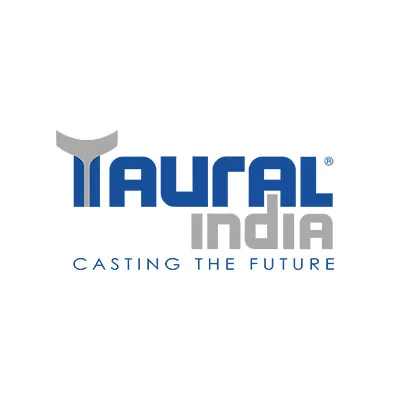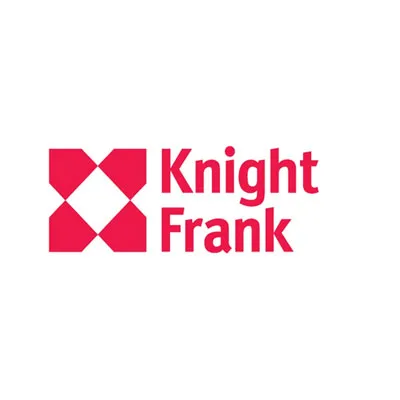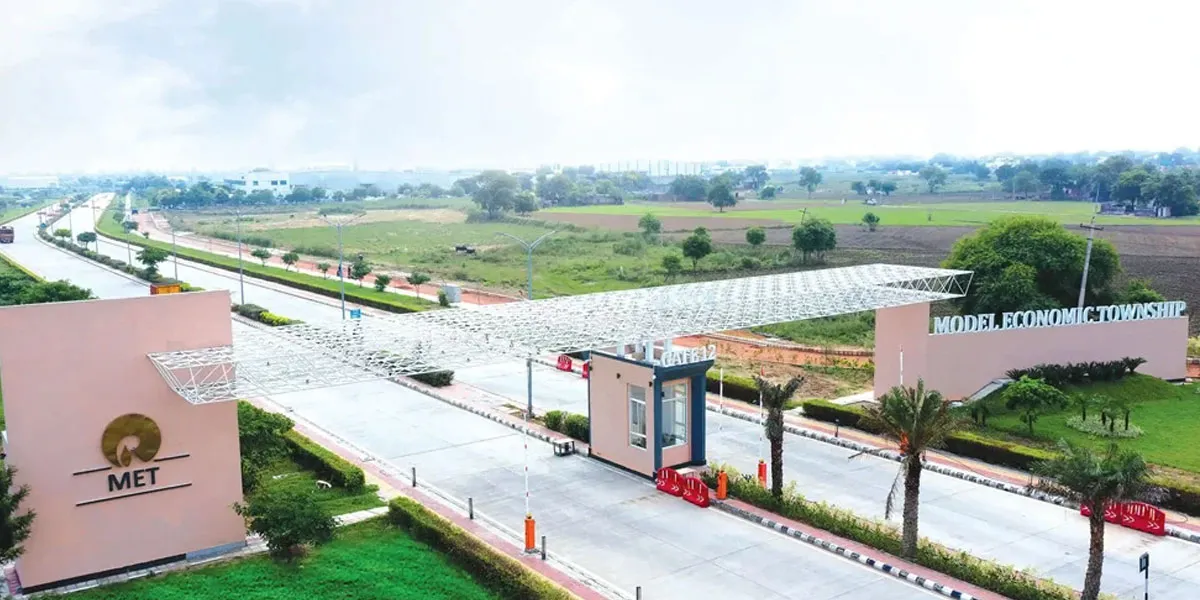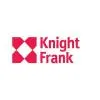“People don't want to buy a quarter-inch drill. They want a quarter-inch hole" said Theodore Levitt, an American economist and professor, most notably at Harvard Business School where he was the editor of Harvard Business Review from 1985 to 1989. This quote captures Levitt's core beliefs, that businesses should focus on solving customer problems, that innovation is key, and that every aspect of a company - from product development to customer service - plays a role in marketing. It encapsulates the essence of customer-centric thinking. The idea is that customers are not interested in the product itself (the drill) but in what the product enables them to do (make a quarter-inch hole). This shifts the focus from the features of the product to the problem it solves or the need it fulfills.
The quote emphasises the importance of understanding customer needs and designing products or services to meet those specific needs. Rather than focusing solely on the technical specifications or features of the product, businesses should consider the end result that the customer is seeking. This perspective helps companies to innovate, communicate more effectively, and ultimately create products that better serve their customers.
The quality of a consumer's encounter with a brand at each of its numerous touchpoints is referred to as the customer experience. These touchpoints begin with the consumer becoming aware of the brand, which may subsequently prompt him to consider it as a choice and eventually make the purchase. The post-purchase experience and consumer involvement come next. The secret to consumer loyalty and word-of-mouth advertising is a terrific customer experience. During the early phases of the customer journey, businesses invest in technology to improve the customer experience. Brands are increasingly relying on experiential marketing to cut through the noise and establish deep connections with their customers. At the consideration stage, artificial intelligence generates immersive experiences that encourage direct consumer participation. Brands may develop a meaningful convergence of brand loyalty and direct conversions by appealing to people's senses, emotions, and intellect.
The customer is given special service and hand holding during the purchasing process. The post-purchase step of the client journey, which is surprisingly the last and last stage, is wholly overlooked in the real estate industry. Customer relationships are more of a transactional character. The association is no longer a thing once the sale is finalised. In order for marketing to increase sales, the brand promise must be supported by the product, which is unusual in the real estate industry. A corporation must be prepared to uphold the brand as a promise or bond. Technology adoption alone does not ensure marketing success.
No real estate guru is willing to answer the question of why businesses do not embrace a comprehensive marketing strategy with end users as the focus. The time has come to establish new standards in order to bring about a completely new level of client experience. Understanding consumer preferences, including his interests into your company's vision, being open to learning how to keep up with technological advancements, and guiding the firm with progressive practises are the keys to success.
A prime example of how DLF revolutionised the market and the standard of living while also encouraging other developers to think creatively is Camellia or King's Court. From only measuring square footage, the emphasis has now turned to providing a comprehensive living experience. This required the real estate industry participants to change their strategy. Hero Earth quickly sold out of its exclusive plotted property, "The Ark," thanks in large part to a groundbreaking MetaVerse experience. In a single day, DLF sold over 1000 ultra-luxury apartments for more than Rs 7 crore. Due to the high demand for superior amenities, sales of luxury residential properties valued at Rs 4 crore and above actually increased by 2.5 times to 4,000 units between January and March of this year across 7 cities. According to the data, sales of luxury apartments in Delhi-NCR increased by more than three times, to 1,900 units, in the third quarter of this year from just 600 units. Mumbai's sales of luxury flats grew from 800 units to 1,150 units. The key question is whether or not the marketing of real estate will be dominated by pure luxury.
Compared to the old company model, which has built-in constraints, the outlook is very different. I picture a company structure based on Multi-Lifetime Lease (Live Till You Live), in which a customer purchases a multifaceted experience without actually owning it. Six square inches of platinum will power the experience and open up an almost infinite realm of custom living. It will include a home as part of the service in addition to customised, on-call, gourmet, upholstery, furniture, electronics, and white goods, as well as customised multiformat multimedia, bespoke tailoring, autos, saloon, and leisure services. The assistance is supported by conventional financial guidance for loans and mortgages to support asset development. Imagine a microprocessor that calculates your housing requirements based on your typical EMI. What would be referred to as "Housing As Service" is what I'm about to introduce you to. Given that the population will soon start to transition from being the youngest to the oldest, assisted living will help shape India in 2050 and beyond.
Let's take a look at some of the world's finest practices in real estate marketing. Businesses innovate to offer a pleasant customer experience, like Masdar City in Abu Dhabi, which builds sustainable communities by integrating housing with infrastructure. Kashiwa-no-ha in Japanese--the sustainable housing project Bo01 by Y. Malmö and Smart City--are examples of smart and sustainable living, respectively. Housing, commerce, and transportation are all connected by Seoul's Yongsan International Business District (YIBD). The vast infrastructure investments made by Amsterdam, the "Bicycle Capital of the World," have had a significant impact on the city's real estate growth.
The real estate sector urgently needs to examine its own business procedures. There are 'statements' that don't exist, where there isn't much of a difference between a process and control. Real estate must establish organisations with detailed business plans and procedures, as well as a synchronised crew, in order to become an industry. With KRA replacing job descriptions and the advent of reciprocal appraisal, resource development must also make a quantum leap in order to provide a progressive environment that serves as an enabler to realise growth ambition. Keep in mind that if something isn't recorded in every heart, it doesn't exist.
Blockchain, AI-powered algorithms, predictive analytics, and IoT are just a few examples of technological advancements that have the potential to change how real estate enterprises are run. A revolutionary technique called experiential marketing will cause a significant paradigm change in how we promote reality. The only way to stay ahead in a landscape where industries are always changing is to embrace these advancements. Will the old guard, meanwhile, permit AI to grow into a business engine or will they limit it to a superficial creative differentiator? The real estate industry's future depends on how eager players are to adopt new technology for bettering the customer experience at each touchpoint of the customer journey.
But let's face it, today's consumer is more informed and has more options than ever before. The key to success in the real estate industry is to execute a united, customer-centric organisational vision and mission from the top down. This needs to be supported by reliable systems and procedures as well as flexible marketing that can adapt to shifting consumer tastes and technology advancements. The mindset of using the consumer as a sales team's piggy bank and gauging brand worth solely through the prism of the balance sheet must change. This will open the door for recurring business and devoted clients.
The article is authored by Ashish Kaul, Chief Marketing Officer, Hero Realty





















